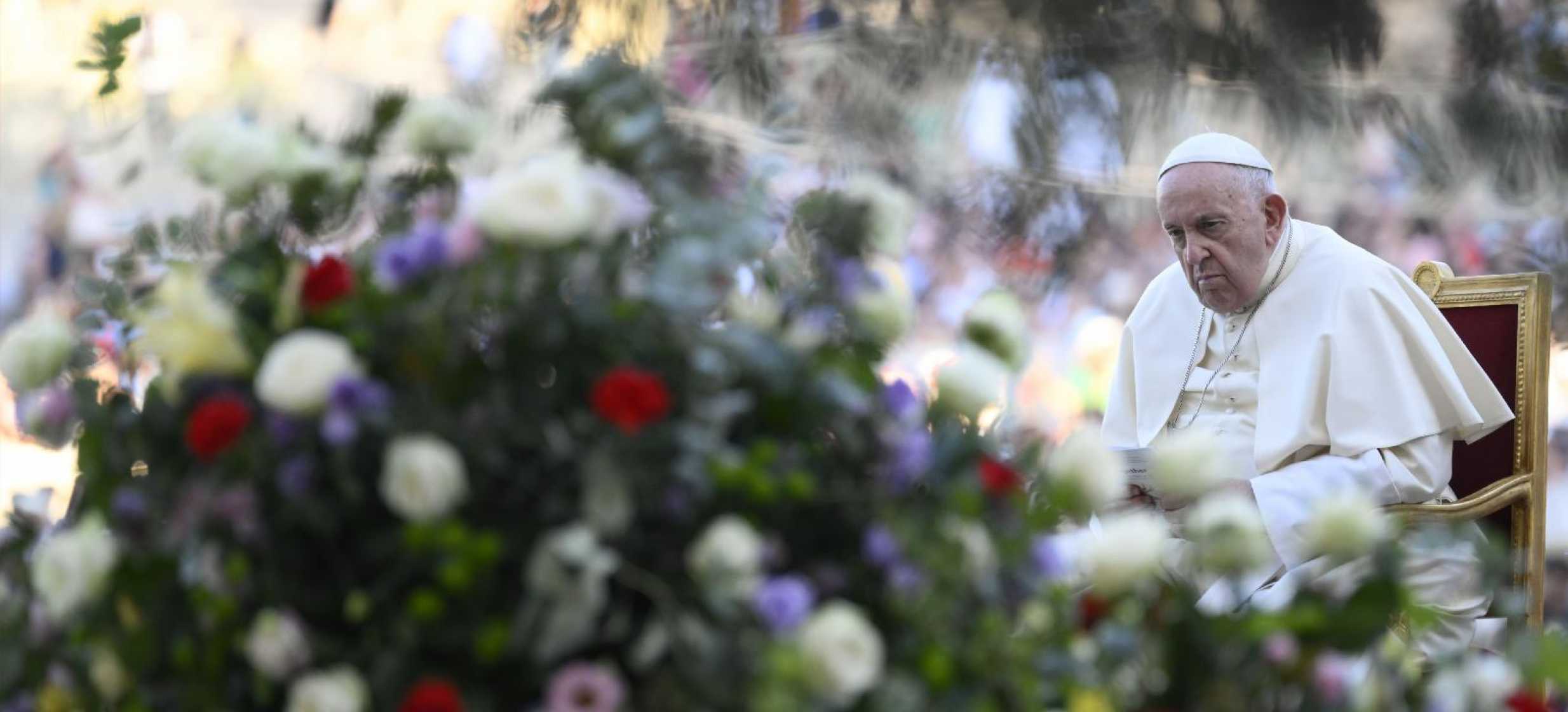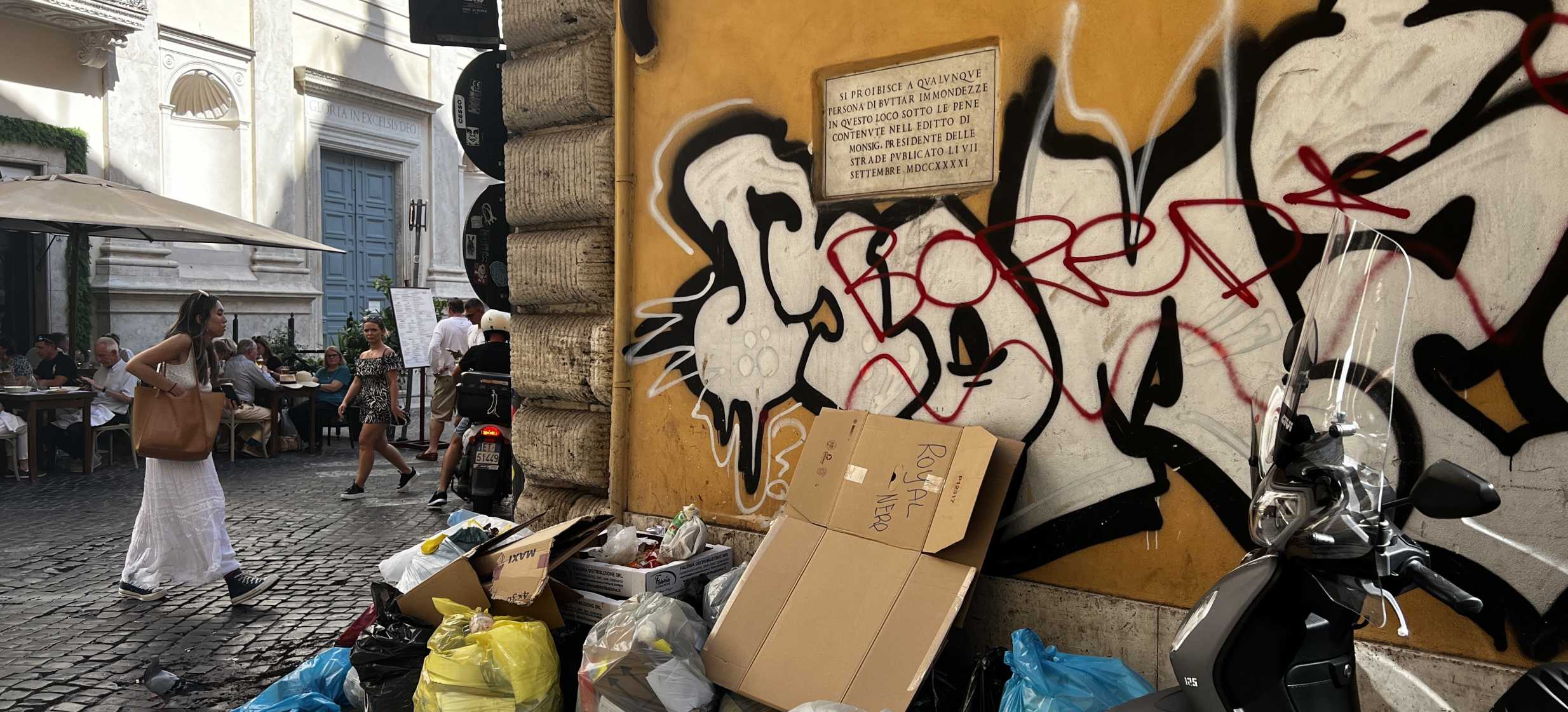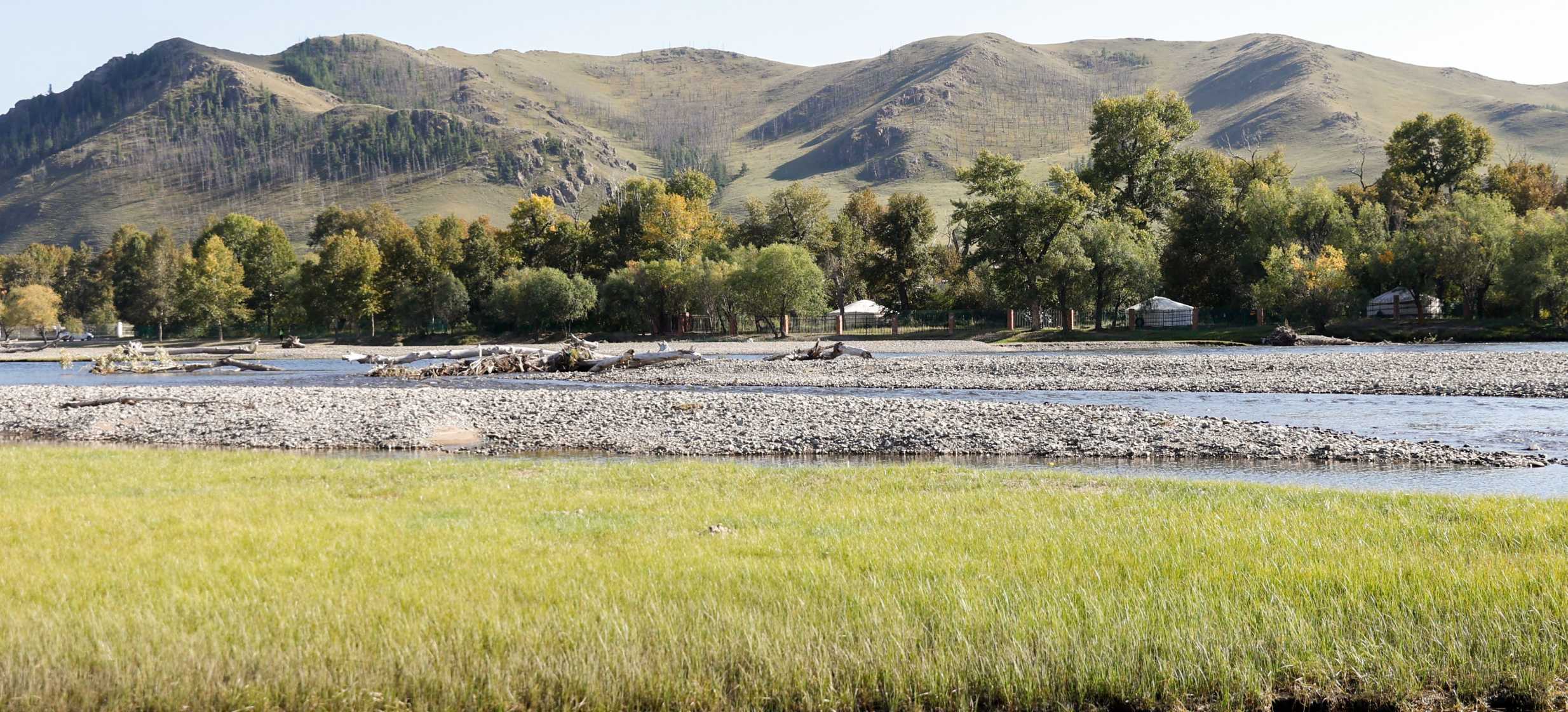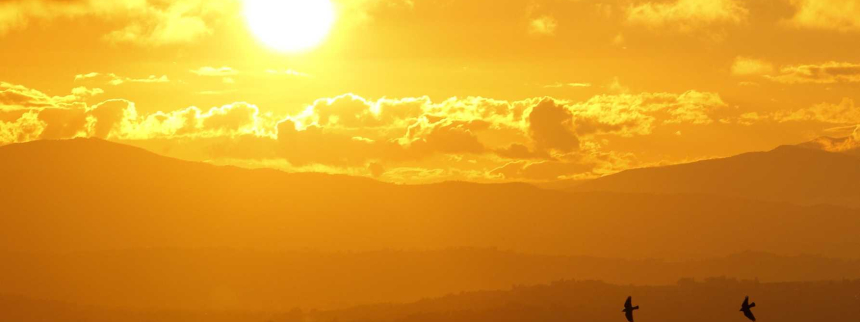
VATICAN CITY (CNS) -- After warning the world against ignoring the cries of the earth and the poor with his 2015 encyclical, "Laudato Si', On Care for Our Common Home," Pope Francis intensified his critique with "Laudate Deum" ("Praise God"), warning against the selfish obsession with human power and the "irresponsible derision" of the reality of climate change.
"When human beings claim to take God's place, they become their own worst enemies," he said, explaining the title of the document released at the Vatican Oct. 4, the feast of St. Francis of Assisi, patron saint of ecology.
The new document, addressed "to all people of good will on the climate crisis," is a follow-up to "clarify and complete" his 2015 encyclical because, he wrote, over the past eight years, "our responses have not been adequate, while the world in which we live is collapsing and may be nearing the breaking point."
The bulk of the 15-page "apostolic exhortation" is dedicated to a severe rebuke of the "resistance and confusion" regarding the global climate crisis and its link to human activity as well as of the growing "technocratic paradigm underlying the current process of environmental decay."
"I feel obliged to make these clarifications, which may appear obvious, because of certain dismissive and scarcely reasonable opinions that I encounter, even within the Catholic Church," he wrote.
In fact, the Pew Research Center released survey results Sept. 28 reporting that U.S. Catholics' views on climate change are similar to those of the general public. A majority of U.S. adults -- 54% -- described climate change as a major threat to the country’s well-being, but it remains a lower priority than other issues, the survey showed.
"Despite all attempts to deny, conceal, gloss over or relativize the issue, the signs of climate change are here and increasingly evident," the pope wrote, detailing the serious and irreversible damage already done and "dangerous changes" underway according to evidence supported by most scientists specializing in climate science.

"Only a very small percentage of them seek to deny the evidence," he added.
The pope blamed the resistance and confusion about the climate crisis on the lack of information on climate science, people choosing to "deride" facts and "ridicule those who speak of global warming," and inertia or indifference by "the great economic powers, whose concern is with the greatest profit possible at minimal cost and in the shortest amount of time."
Consequently, the pope wrote, "a broader perspective is urgently needed, one that can enable us to esteem the marvels of progress, but also to pay serious attention to other effects that were probably unimaginable a century ago."
People need to assume "responsibility for the legacy we will leave behind" and let go of this "technocratic paradigm" that believes "goodness and truth automatically flow from technological and economic power" and pursues "infinite or unlimited growth."
The great problem, he wrote, is an "ideology underlying an obsession: to increase human power beyond anything imaginable, before which nonhuman reality is a mere resource at its disposal."
"Everything that exists ceases to be a gift for which we should be thankful, esteem and cherish, and instead becomes a slave, prey to any whim of the human mind and its capacities," he wrote.
"Never has humanity had such power over itself, yet nothing ensures that it will be used wisely, particularly when we consider how it is currently being used," he wrote.

Pope Francis called for "rethinking our use of power," which requires an increased sense of responsibility, values and conscience with "sound ethics, a culture and spirituality genuinely capable of setting limits and teaching clear-minded self-restraint."
Also, unhealthy notions about hard work, talent and "meritocracy" without "a genuine equality of opportunity" can easily become "a screen that further consolidates the privileges of a few with great power," he wrote. "In this perverse logic, why should they care about the damage done to our common home, if they feel securely shielded by the financial resources that they have earned by their abilities and effort?"
A healthy ecology requires a healthier relationship "between human beings and the environment, as occurs in the Indigenous cultures," and a more humane economy, which is not ruled by "the mentality of maximum gain at minimal cost," but shows "sincere concern for our common home" and assists "the poor and the needy discarded by our society," he wrote.
The pope appealed for more effective international organizations that have the authority and power to provide for the global common good, eliminate hunger and poverty, and defend fundamental human rights.
He also called for a new kind of international, multilateral cooperation and action in which "groups and organizations within civil society help to compensate for the shortcomings of the international community."
Pope Francis also encouraged activists from different countries put pressure "from below" on the varying elites and "sources of power."
"It is no longer helpful for us to support institutions in order to preserve the rights of the more powerful without caring for those of all," he added.
With world leaders set to meet at the 28th U.N. Climate Change Conference in Dubai Nov. 30-Dec. 12, Pope Francis said that "this conference can represent a change of direction, showing that everything done since 1992 was in fact serious and worth the effort, or else it will be a great disappointment and jeopardize whatever good has been achieved thus far."
COP-28 will need to present "binding forms of energy transition" that are "efficient, obligatory and readily monitored," he wrote, and this transition must be "drastic, intense and count on the commitment of all."

He urged individuals and families to be active in exercising healthy pressure on leaders.
If the actions of groups "negatively portrayed as 'radicalized' tend to attract attention" at these conferences, he added, "in reality they are filling a space left empty by society as a whole."
"It is necessary to be honest and recognize that the most effective solutions will not come from individual efforts alone, but above all from major political decisions on the national and international level," the pope wrote.
He encouraged people, especially those with an "irresponsible lifestyle connected with the Western model," to reduce pollution and waste, and "consume with prudence." Even though these everyday actions will not produce an immediate, notable effect on climate change, "we are helping to bring about large processes of transformation" and a new culture of care.
"Let us put an end to the irresponsible derision that would present this issue as something purely ecological, 'green,' romantic, frequently subject to ridicule by economic interests," he wrote. "Let us finally admit that it is a human and social problem on any number of levels."
- - -
The full document of "Laudate Deum" can be found here.
In top photo, birds fly as the sun sets over the mountains near Assisi, Italy, in this Oct. 26, 2011, file photo. St. Francis, who was born in Assisi in the 12th century, is the patron saint of ecology and his feast day is Oct. 4. (CNS photo/Paul Haring)

